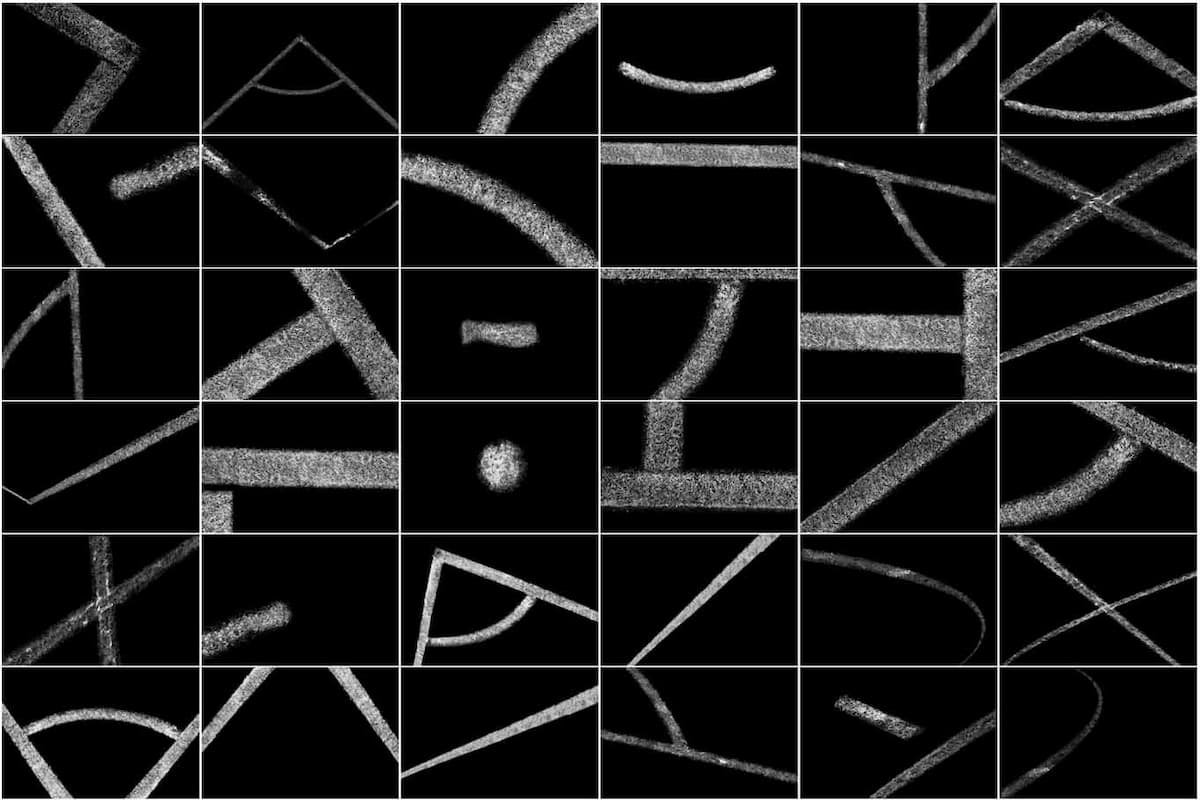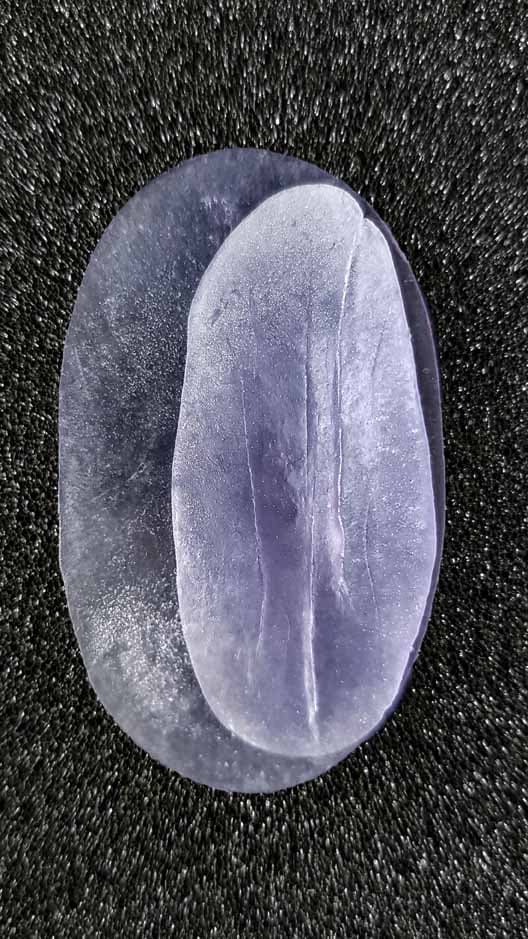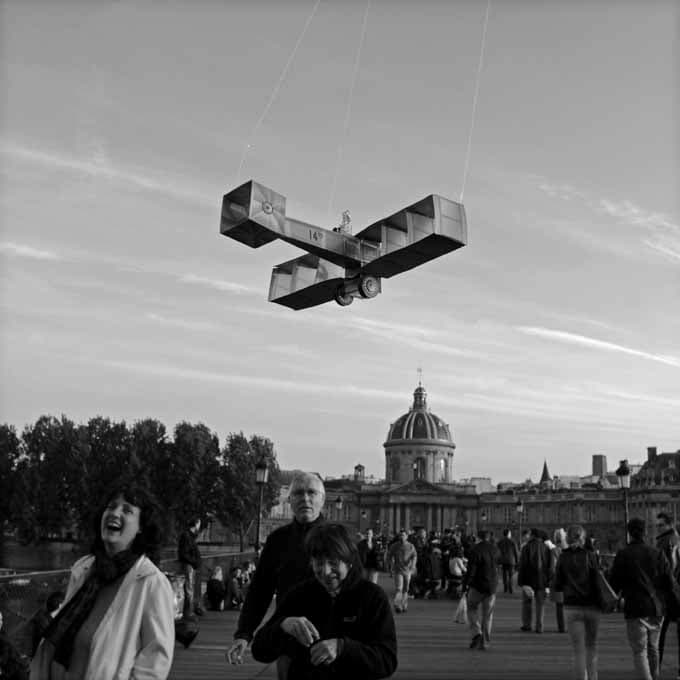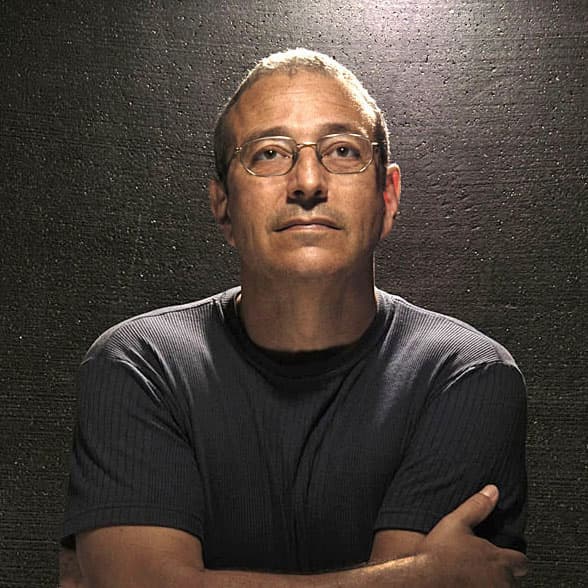“Unlike traveling photographers, I prefer to interact with my city. I was born in the Engenho Novo neighborhood, and I divided my adolescence between Tijuca and Zona Sul. My representation crisis with an explicit photograph, literal and manichean, led me to practice reflective photography. It was partly inspired by the deviant look of a symbolic photojournalism developed in Jornal do Brasil, during the military dictatorship, to circumvent the censors who only saw the obvious”. Rogério Reis
The Federal Justice Cultural Center open not Saturday, 11 of June, the exhibition where is the subject? photographer Rogério Reis, which presents a panoramic view of the work of the renowned Brazilian photographer who transits with tranquility through photojournalism and art both in Brazil and abroad. The exhibition, what brand 45 years of photographer's trajectory, gather photos, essays, videos and objects exhibited along the route of the six rooms on the first floor of the CCJF. In this current montage, the public will have the opportunity to see new and unpublished works from the pandemic period such as Exhaustion, Phebolitos, Covered up and other resignified especially for this show.
Curated by Evandro Salles, the exhibition brings about of 100 works distributed in nine series that bring together a kind of anthology of the vast poetic work of Reis. “See and review, and often, the photographic work of Rogério Reis, in its different series and professional moments, allows us to discover a dizzying continuity of search that takes place through the artist's camera-eye. It is a continuation of the search., the same look that persists, obstinate, from the images produced as journalistic documentation, when he still worked long shifts in Rio de Janeiro newspapers, to the recent images taken during the pandemic, in which the absence of people screams, in a silence that constantly seeks the voices that are not there, but that actually contextualize the scenes. Between one moment and another, a universe of creations opens up in which the image frees itself from its technical premises, defined by the classic use of documentary photography, to reach the dimension of fully poetic achievements”, says curator Evandro Salles.
where is the subject? It also shows a reinterpretation of the famous series by Rogério Reis such as “Only ” (1986 – 2002), “Train surfers” (1989), “Nobody belongs to anybody” (2011-2014), “Field Line” (2013) and "Mmicrowave”(2004), as also "Exhaustion” ( 2019) and the just finished"paper flight”, inspired by the documentary “Le Grand Cirque Calder” (1927), by Jean Painlevé. The series started in 2009 because of an invitation made to the artist to produce a work on the occasion of the Year of France in Brazil. with a mini 14 Cardboard bis Reis performs a playful experience in the streets of Paris and the result is images of strong concept and historical symbolism. Now the new "Phebolitos" (2021 – 2022) is the result of the work that the photographer produced with Phebo soaps during the pandemic. “These are soaps that, through decelerated use, entered my field of interest and took different forms throughout the domestic isolation of the pandemic”, says Reis. “covered up” (2020) is another one of Rogério's unpublished series that will be exhibited at the CCJF. with the subtitle The space belongs to the one who occupies it, the work reveals in the empty landscape the “donkeys without a tail”, that even without unloading your goods (beach chairs and umbrellas), marked their presence on the shore to guarantee their territories and, for reasons of survival, pressure governments to release the use of beaches in the face of the first signs of the downward curve of Covid-19.
“Where is the Subject?? although not a retrospective, is organized as a broad anthology that provides the public with a journey through a significant part of Rogério Reis' extensive quest-gaze: from a small but dense selection of his journalistic photos, that frame fundamental moments and characters of recent Brazilian history, passing through emblematic series such as Train Surfers, By Lona (carnival records), Field Line, Nobody belongs to Nobody or the dramatic and violent installation Micro-Waves, to get to recent and unpublished series made during the COVID-19 pandemic such as Phebolitos and Exhaustion. Extraordinary opportunity to look at the work of one of our great photography artists”, complements Salles.
where is the subject? is set in Federal Justice Cultural Center until 24 July.
Rogério Reis was born in Rio de Janeiro, in 1954, where you still live and work. He graduated in journalism from Universidade Gama Filho in 1978, when I was already working for a year as a photographer for the Jornal do Brazil. Had a brief spell in the newspaper The Globe the following year, before returning to Jornal do Brazil, where remained between 1980 and 1982, moving on to the magazine later See, with which he collaborated during the years of 1983 and 1984. Between 1985 and 1989 was part of the Rio de Janeiro section of the F4 agency and, at the end of 1989 founded, with Claus Meyer and Ricardo Azoury, the current Tyba collection, in which he works until today. He was photo editor at Jornal do Brazil in the period between 1991 and 1996. In 2002 his portrait of the poet Carlos Drummond de Andrade sitting on Copacabana beach was the basis for a sculpture by Leo Santana that is now one of the tourist references in Rio de Janeiro. Rogério inspired the character of the photographer with the same name in the film God's city, by Fernando Meirelles, based on the book by Paulo Lins.
He says that photography appeared in his life when he was still a teenager, by influence of the counterculture environment, where were then sought after less conventional professions. In the wake of the Sundays of Creation, the Museum of Modern Art, Rio de Janeiro (MAM-RJ), very important experience developed by the critic from Minas Gerais, Frederico de Morais, Rogério took classes with the Hungarian George Racz, in the photography workshops of the Bloco Escola of this museum in the early 1990s 70, and later in the courses of the American photographer Dick Welton at his studio in Chapéu Mangueira in Leme. Rogério's work is present in important collections such as: National Library of France, Paris (2021); Chengdu Contemporary Arts Park Museum, China (2017), Museu Histórico Nacional, Rio de Janeiro (2017), National Museum of Fine Arts, Buenos Aires (2016), MAR-Rio Art Museum (2015), Maison Européenne de la Photographie, Paris (2014, 2012, 2010 and 2008), MAM-Museum of Modern Art, Rio de Janeiro (2002), MAM-Museum of Modern Art, São Paulo (1999), Douglas Nielsen Collection no Tucson Museum, USA (1996), MASP/Pirelli Collection, São Paulo (1995).
where is the subject? Rogério Reis
Sign up to receive Event News
and the Universe of Arts first!
Curated By: Evandro Salles
Opening: Saturday, 11 June 2022
Exhibition: from 12 from June to 24 th July 2022
CCJF - Federal Justice Cultural Center
Av. Rio Branco, 241 – Downtown Rio de Janeiro RJ – (21) 3261-2550
From Tuesday to Sunday, from 11:00 to 7:00 pm




